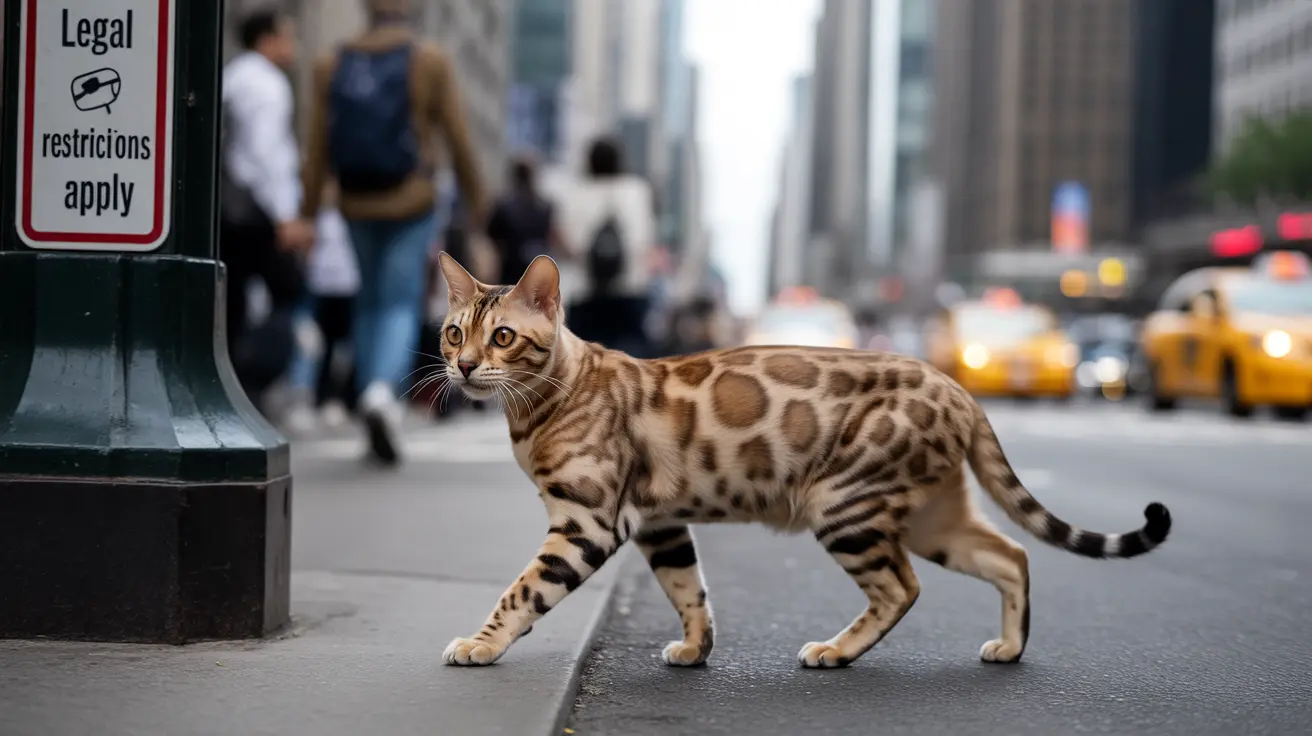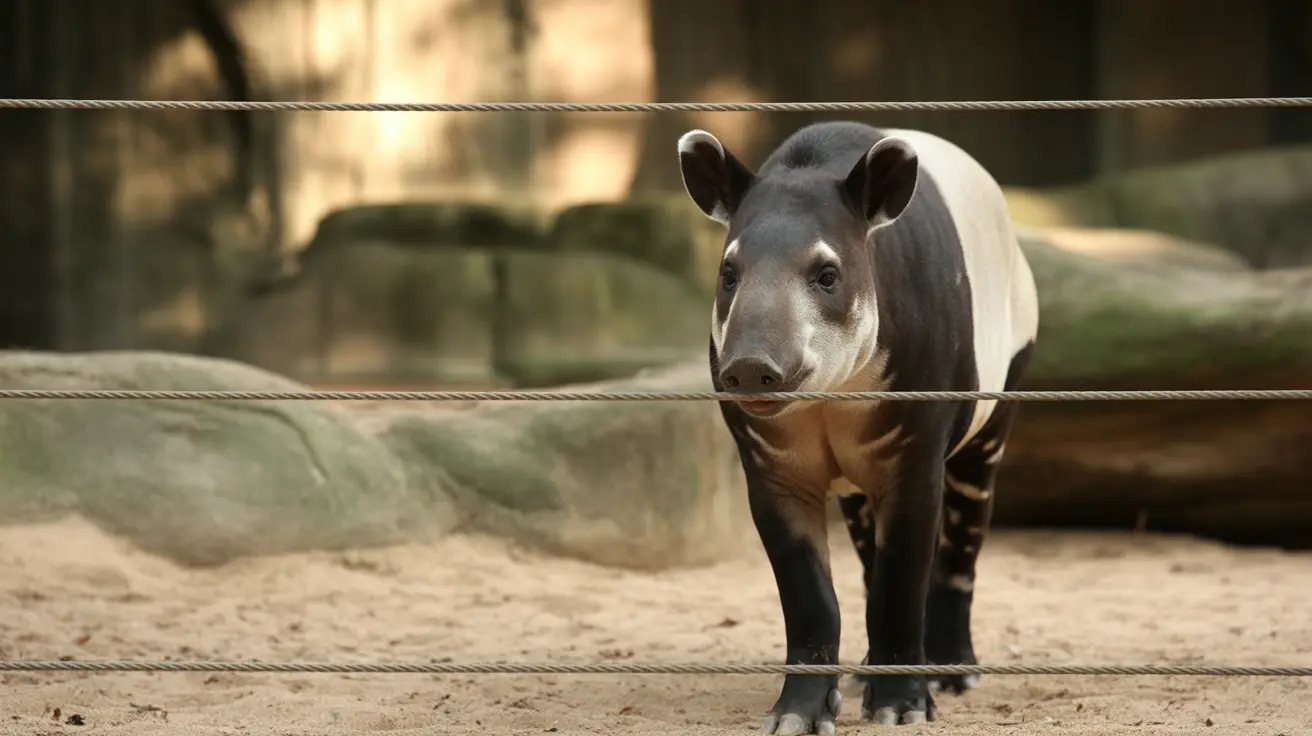Bengal cats, with their striking wild appearance and energetic personalities, face complex legal restrictions across the United States. While these exotic-looking felines captivate many potential pet owners, their hybrid ancestry has led to various state and local regulations limiting or prohibiting their ownership. Understanding why Bengal cats are illegal in certain areas and the specific restrictions in place is crucial for anyone considering this unique breed.
Understanding Bengal Cat Classifications
Bengal cats result from crossing domestic cats with Asian leopard cats, creating a hybrid breed that requires careful classification. The generation system, marked as F1 through F5 and beyond, indicates how far removed a Bengal is from its wild ancestor:
- F1: Direct offspring (50% wild)
- F2: Second generation (25% wild)
- F3: Third generation (12.5% wild)
- F4: Fourth generation (6.25% wild)
- F5 and beyond: Considered fully domestic
States Where Bengal Cats Are Completely Banned
Several states maintain complete bans on Bengal cats, regardless of their generation:
- Hawaii (environmental concerns)
- Connecticut (hybrid animal restrictions)
- Maryland (rabies vaccine concerns)
- Nebraska (classification issues)
- Rhode Island (public health concerns)
Partial Restrictions and Requirements
Many states allow Bengal cats but with specific conditions:
- Delaware: Requires special permits
- Georgia: Only F5 or later generations permitted
- Alaska: Documentation of generation required
- Massachusetts: Must prove three generations of domestic breeding
- Iowa: F4 and later generations allowed
City-Specific Regulations
Even in states where Bengal cats are legal, certain cities maintain their own restrictions:
- New York City: Complete ban
- Seattle: Banned within city limits
- Sacramento: Local restrictions apply
Why Bengals Face Legal Restrictions
Public Health Concerns
The primary reason for Bengal cat restrictions often relates to public health:
- No USDA-approved rabies vaccine for hybrid cats
- Concerns about disease transmission
- Uncertainty about immune system responses
Environmental Impact
Environmental considerations play a significant role in restrictions:
- Potential threat to native wildlife if escaped
- Risk of establishing feral populations
- Impact on local ecosystems
Frequently Asked Questions
Why are Bengal cats illegal in some states?
Bengal cats face restrictions due to their hybrid status, lack of approved rabies vaccines, and potential environmental impacts. Early generations (F1-F4) particularly concern lawmakers due to their stronger wild traits.
How do I determine if it is legal to own a Bengal cat in my state?
Contact your local animal control office, state wildlife department, and city authorities. Check regulations at all government levels, as restrictions can vary between state, county, and city jurisdictions.
What documentation is required to prove my Bengal cat is F5 or later?
You'll need official breeding papers, pedigree documentation from recognized cat associations, and potentially veterinary certification. Some states require additional permits or registration.
Why are early-generation Bengal cats more heavily restricted than later generations?
Early-generation Bengals retain more wild traits, making them less predictable as pets and raising more concerns about public safety and environmental impact. They also have a higher percentage of wild DNA.
How can I ensure compliance with local laws and regulations when owning a Bengal cat?
Maintain all required documentation, register your cat if required, stay informed about changing regulations, and work with reputable breeders who can provide necessary paperwork proving your cat's generation.
Conclusion
While Bengal cats make fascinating pets, their legal status varies significantly across the United States. Prospective owners must carefully research and comply with local regulations before acquiring one. For those in areas where Bengal cats are legal, ensuring proper documentation and choosing later generations (F5+) typically offers the safest path to legal ownership.






